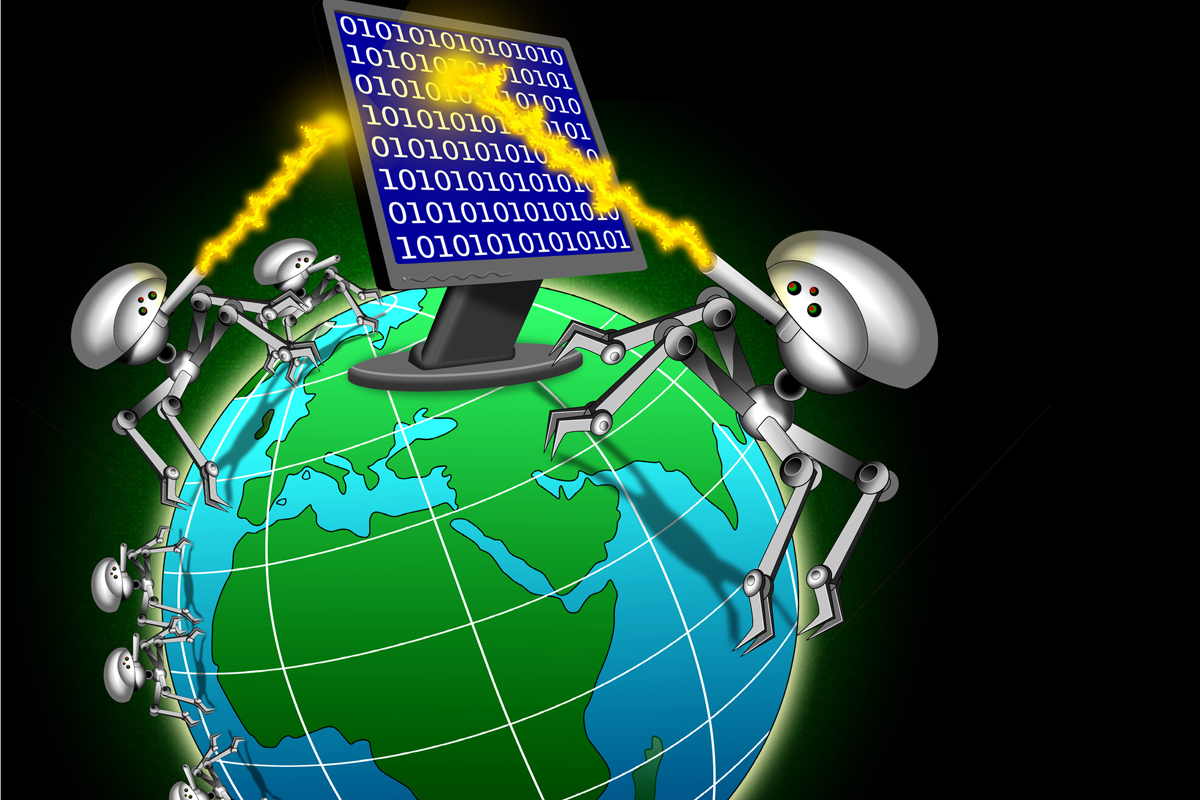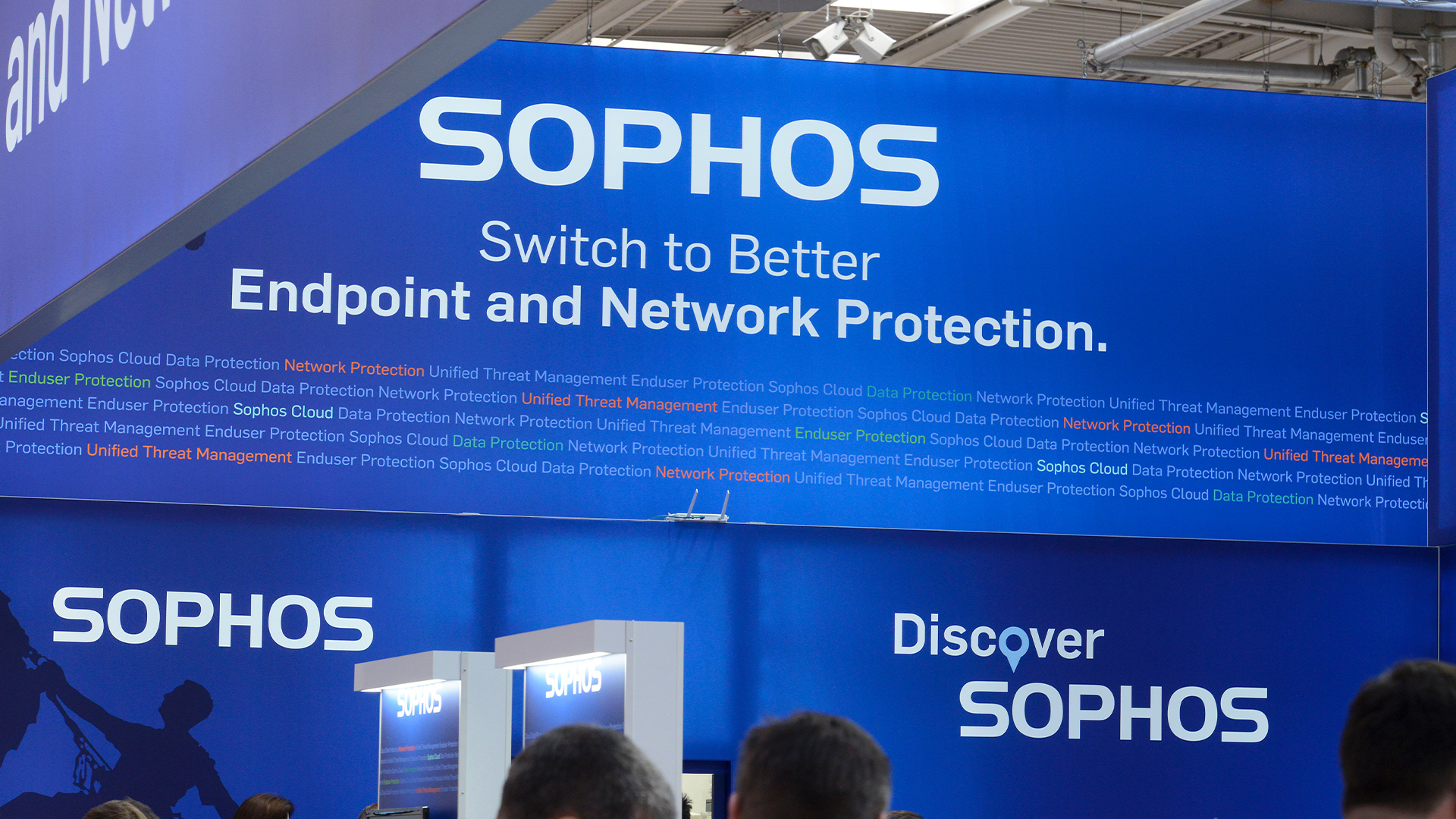Sophos heralds new cyber warfare era
We are entering the third era of cyber crime with the rise of politically-motivated attacks, according to Sophos.


The IT security timeline has entered a new period as cyber warfare between nations steps up a notch, according to an industry expert.
Hacking started as a hobby for "teenage boys in their bedrooms," according to Graham Cluley, senior technology consultant at Sophos.
Then it became a serious organised criminal activity something that remains a widespread problem, Cluley explained.
Now, in this "third era of cyber crime," a third motivation has come into play as malware and the web are being increasingly leveraged for political and military gain over other nations, he told IT PRO.
Am I bothered?
It appears many are happy for their countries to use tactics such as cyber espionage against other nations, with 63 per cent of 1,077 computer users polled by Sophos deeming this acceptable.
Almost a quarter claimed spying on others by hacking or sending out malware was fine at any time, while 40 per cent said only during wartime.
Sign up today and you will receive a free copy of our Future Focus 2025 report - the leading guidance on AI, cybersecurity and other IT challenges as per 700+ senior executives
"[This is] really interesting because the people we are polling here are typically IT administrators inside businesses people who have got no time at all for hackers and malware authors. They think these guys are scum normally, but they're saying if it's my country doing it, sure why not?'," Cluley said.
He suggested this may be "a fairly realistic point of view" given secret services have used "every dirty trick in the book for thousands of years" and will continue to do so.
"In a way, governments and countries do work above the law they work to a different set of standards that maybe they expect their citizens to apply," Cluley said.
Shockingly, one in 14 agreed a devastating denial of service attack against another country's communications or financial websites would be acceptable during peacetime.
"To do that sort of thing in peacetime seems to me an astonishing thing to do and a very dangerous thing to do," Cluley added.
Tom Brewster is currently an associate editor at Forbes and an award-winning journalist who covers cyber security, surveillance, and privacy. Starting his career at ITPro as a staff writer and working up to a senior staff writer role, Tom has been covering the tech industry for more than ten years and is considered one of the leading journalists in his specialism.
He is a proud alum of the University of Sheffield where he secured an undergraduate degree in English Literature before undertaking a certification from General Assembly in web development.
-
 Researchers claim Salt Typhoon masterminds learned their trade at Cisco Network Academy
Researchers claim Salt Typhoon masterminds learned their trade at Cisco Network AcademyNews The Salt Typhoon hacker group has targeted telecoms operators and US National Guard networks in recent years
-
 HPE says unified channel strategy won't force Juniper partners to generalize
HPE says unified channel strategy won't force Juniper partners to generalizeNews Does the company embrace specialists or want a full portfolio push? The answer, it seems, is both
-
 Ransomware victims are getting better at haggling with hackers
Ransomware victims are getting better at haggling with hackersNews While nearly half of companies paid a ransom to get their data back last year, victims are taking an increasingly hard line with hackers to strike fair deals.
-
 96% of SMBs are missing critical cybersecurity skills – here's why
96% of SMBs are missing critical cybersecurity skills – here's whyNews The skills shortage hits SMBs worse as they often suffer from a lack of budget and resources
-
 Sophos Firewall Virtual review: Affordable network protection for those that like it virtualized
Sophos Firewall Virtual review: Affordable network protection for those that like it virtualizedReviews Extreme network security that's cheaper than a hardware appliance and just as easy to deploy
-
 MSPs are struggling with cyber security skills shortages
MSPs are struggling with cyber security skills shortagesNews A shortage of tools and difficulties keeping pace with solutions were also ranked as key issues for MSPs
-
 Nearly 70 software vendors sign up to CISA’s cyber resilience program
Nearly 70 software vendors sign up to CISA’s cyber resilience programNews Major software manufacturers pledge to a voluntary framework aimed at boosting cyber resilience of customers across the US
-
 Sophos and Tenable team up to launch new managed risk service
Sophos and Tenable team up to launch new managed risk serviceNews The new fully managed service aims to help organizations manage and protect external attack surfaces
-
 Ransomware groups are using media coverage to coerce victims into paying
Ransomware groups are using media coverage to coerce victims into payingNews Threat actors are starting to see the benefits of a more sophisticated media strategy for extracting ransoms
-
 Shrinking cyber attack “dwell times” highlight growing war of attrition with threat actors
Shrinking cyber attack “dwell times” highlight growing war of attrition with threat actorsNews While teams are becoming more proficient at detecting threats, attackers are augmenting their strategies
